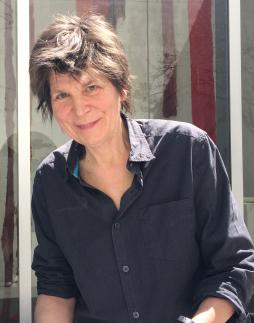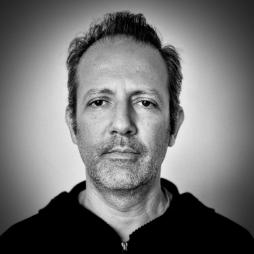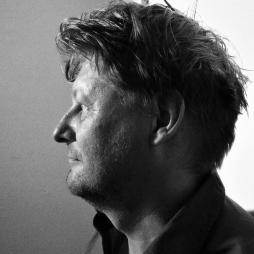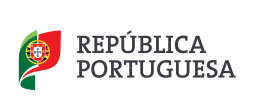Academic Services
sa.porto@ucp.pt
Student Care
jssilva@ucp.pt
+351 935 370 331
Administrative Services
+351 226 196 267
Admission Support
candidaturas.porto@ucp.pt
+351 939 450 000
The School of Arts' Specialised Course in Film Post-Production aims to prepare future film and audiovisual professionals for innovative, cutting-edge work in the various areas of post-production: editing, sound design, visual effects and colour grading, as well as in the industry's most striking contemporary trends, such as Generative A.I. .
The development of post-production knowledge and skills will be based not only on technical excellence but also on critical and expansive thinking in the various areas, with the central aim of preparing participants for in-depth creative collaboration with the film's authors.
The course will be taught by lecturers from the School of Arts and by national and international guest tutors with recognised experience and reference work in the different areas related to Post-Production.
These include Claire Atherton, editor to historic director Chantal Akerman, and Mark Mangini, sound designer, winner of 2 Hollywood Academy Awards, for films such as Dune, Mad Max Fury Road or Blade Runner 2049.
Coordinator: Mariana Gaivão
 Claire Atherton (IMDB) |
|
 Mark Mangini (IMDB)
|
|
 Mariana Gaivão (IMDB) |
|
 Paulo Américo(IMDb) |
|
 Alexander Gerner |
|
 Ricardo Ferreira(IMDb) |
|
 Vasco Carvalho(IMDb) |
|
From an understanding of the post-production process and its importance in filmmaking, the roles and responsibilities of a production team will be covered, also developing an overview of the post-production stages: film editing, sound design, visual effects, colour correction and grading, among others. There will also be an introduction to industry-standard post-production software and tools.
Starting from the fundamentals of film editing (time, dramaturgy, narrative), this module works on the method and hierarchy of work in the editing room through practical exercises and projects based on in-depth training in industry-standard editing software (Adobe Premiere Pro and DaVinci Resolve Studio).
This module covers the basics of sound theory and its role in filmmaking, supporting sound editing, Foley, ADR (Automatic Dialogue Replacement) and sound mixing processes. Pro Tools software will be used in audio post-production and in practical projects involving sound design for different genres.
Based on an understanding of visual effects (VFX) and computer-generated images (CGI), combined with composition techniques and green screen technology, practical work is proposed involving the enhancement of visual effects and the incorporation of VFX harmoniously into images using software such as Adobe After Effects, Nuke or Maya.
This module explores the importance of colour in narrative, colour theory and its application in cinema. Colour correction and colour grading techniques will be covered using software such as DaVinci Resolve.
Understand different ways of collaborating with directors, sound designers and visual effects artists, learn how to efficiently manage the film editing workflow, with version control and the adoption of file organisation best practices. You'll simulate real-world production scenarios through group projects and be introduced to cloud-based collaboration tools.
In this final module, the latest industry trends in the field of film post-production - virtual reality (VR), augmented reality (AR) and Generative A.I. applications - are addressed, distributed over the various steps of the Post-Production chain.
Coordinator: Pedro Alves
To clarify any questions: pmalves@ucp.pt
Student Care - agendar visita - esclarecer dúvidas: jssilva@ucp.pt
Fees
Application: 50€
Course enrolment ( one-time only): 300€
Tuition
Monthly tuition: 576€/month
Total (fees and tuition): 3.180,00€
Application closed.
|
|
|




